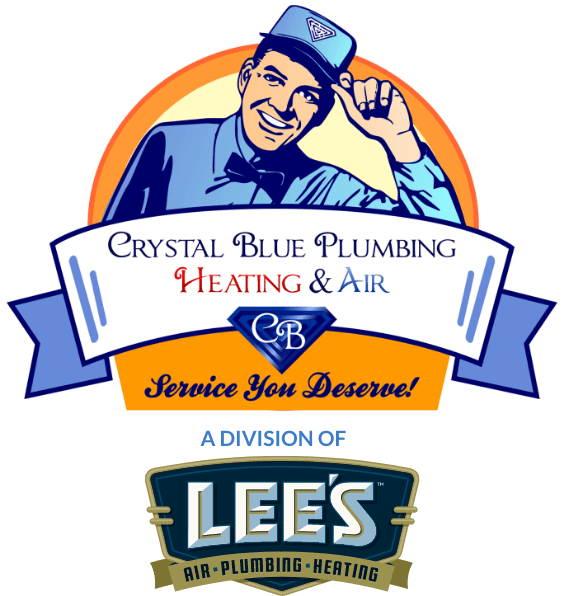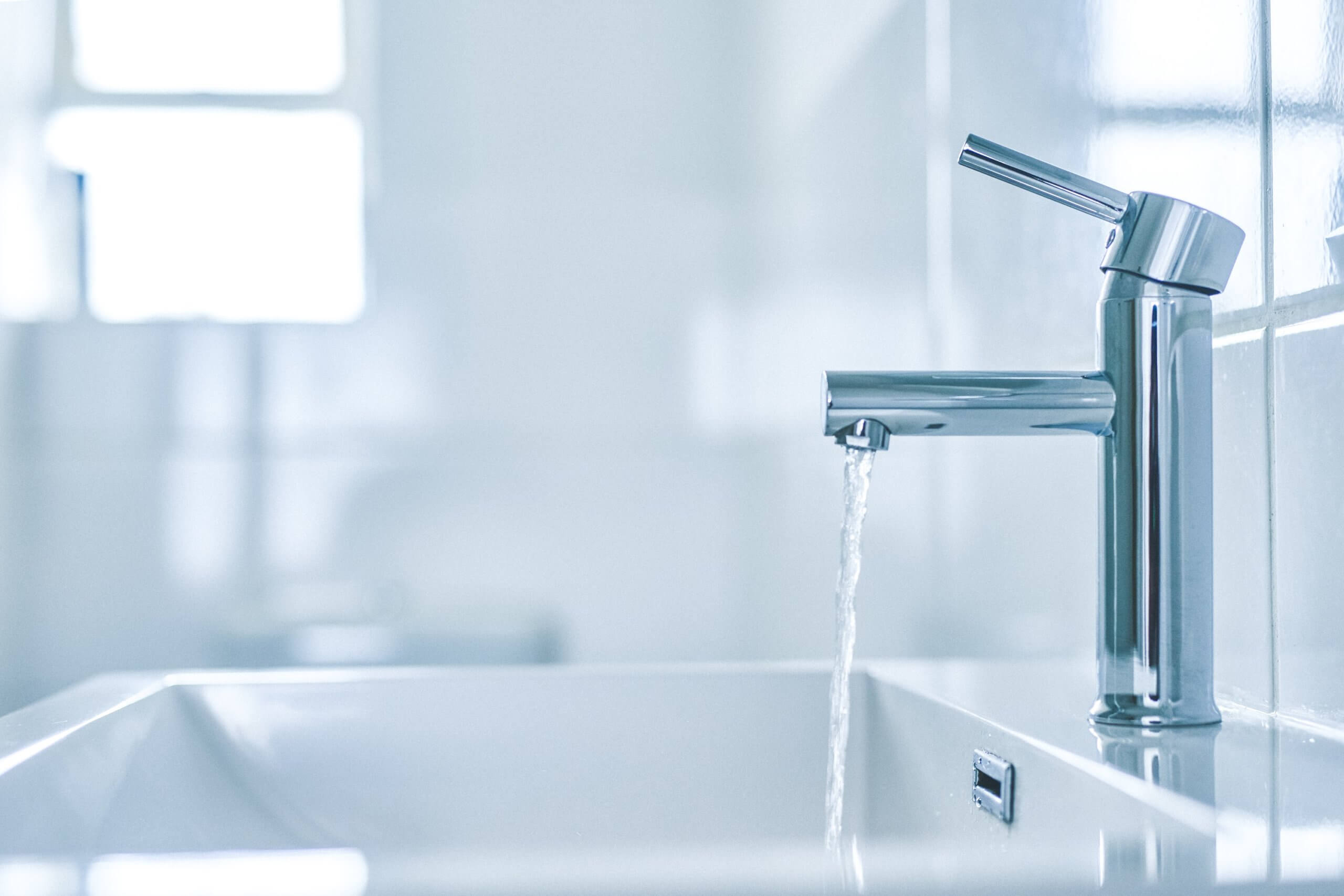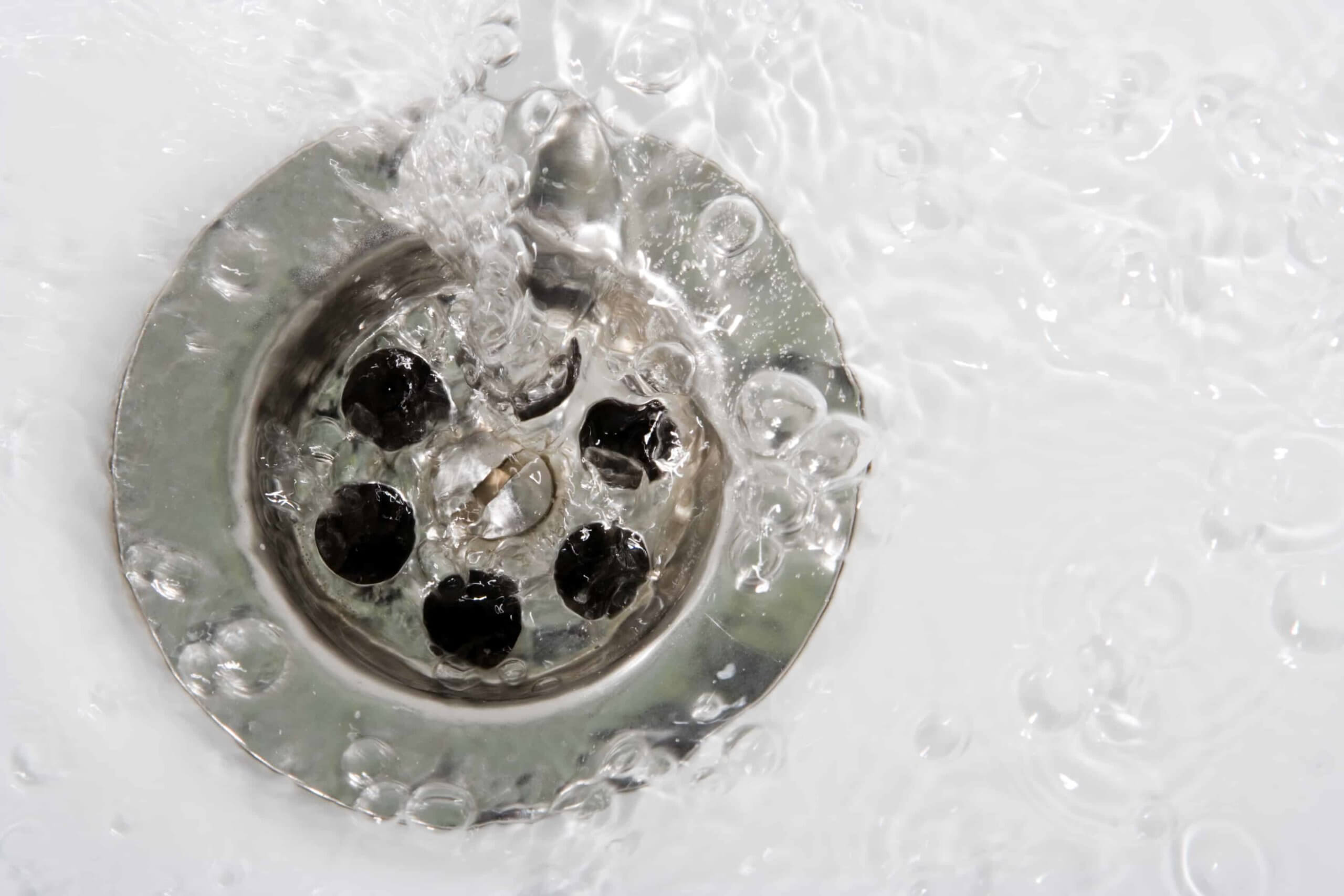How To Unclog A Bathroom Sink
Regardless of how well you clean your bathroom, you will likely experience a clogged bathroom sink at some point during your tenure as a homeowner. This is because materials such as toothpaste, hair, and soap combine to create a thick film that makes it difficult for water to drain properly. Fortunately, there are many steps that you can take to unclog a drain in a timely and safe manner.
Determine the Location of the Clog
The first step in getting rid of a clog is figuring out where it is located. In most cases, its location will play a key role in determining the amount of effort that will be needed to remedy the problem.
If the sink is still draining, there is a chance that the problem is located in the portion of the drain that is located under the sink itself. In such a scenario, you may need to disconnect the J-trap and physically remove the debris inside of it that is preventing water from draining properly.
However, if water starts backing up as soon as you turn on the faucet, your problem is likely closer to the bowl itself. Assuming that the clog is a relatively minor one, it may be possible to push the debris down the drain using little more than hot water and a pipe cleaner.
The folks at Crystal Blue Plumbing in Sacramento can assist in the process of cleaning your drain regardless of what your issue is. We can also fix broken pipes, determine the cause of water leaks, and take other steps to ensure that your plumbing system works as intended at all times.
It’s Generally a Bad Idea to Use Caustic Chemicals
It may be tempting to grab a bottle of chemical cleaner from your local home improvement store when you notice the bathroom sink is draining slower than normal. However, it is generally not in your best interest to pour chemicals down any drain in your house.
This is because they can burn through the pipes themselves, which means that you will have secondary plumbing issues to deal with. Furthermore, there is a chance that the ingredients used in these products could create toxic fumes in your bathroom. In some cases, these fumes can be carried throughout the residence as they make their way through your property’s drainage system.
Furthermore, if you do not thoroughly wash your sink after pouring chemicals inside of it, there is a chance that your skin will come into contact with them. If you spill any cleaner on the floor, on the faucet, or on the counter, you could further increase your risk of bodily injury or property damage.
What Types of Materials Should You Use to Unclog a Drain?
In some cases, simply filling the sink with boiling hot water will be enough to break through whatever material is clogging the drain. After putting the water in the sink, you should allow several minutes to pass before assessing whether it has fixed your issue.
If hot water is not enough to get rid of whatever is causing your sink to drain improperly, it may be possible to fix the problem using baking soda and vinegar. These two materials will combine to form a foam that will help dissolve the clog and move it through the pipe with ease.
As a general rule, it should only take a couple of minutes for the baking soda and vinegar to eliminate the mass of stuff that is causing your drainage issues. Typically, you can flush the pipe by turning on the faucet and letting water flow through it for a few minutes. However, it may also be possible to push the clog through the pipe with a small brush or similar object.
What Should You Do If the Clog Is Still Present?
If water, baking soda, and vinegar are not enough to remove the clog, there is a chance that there is a physical object stuck inside of the pipe. For instance, your child may have accidentally sent a small toy down the drain while brushing his or her teeth the day before you noticed the problem. Alternatively, a ring, a hair tie, or another small object may have fallen through the pipe.
In such a predicament, you likely will not be able to get to the object without taking apart the pipes underneath the sink. Ideally, you will call for a professional to assist in this project, as attempting to do it yourself may result in additional damage to your plumbing system.
There is also a chance that the sink is draining slowly because there is low water pressure throughout the home. There is also a chance that a blockage elsewhere in your house’s pipes is causing water to backfill into the sink. As a general rule, low water pressure, multiple blocked pipes, or other problems that impact multiple parts of the residence should be assessed by a professional.
The fact that a drain issue might be caused by something other than a buildup of hair, soap scum, or similar items is another reason why you should not use chemical cleaners in your drains. In addition to not taking care of the problem, you have to worry about toxic materials backing up into your sink.
What Can Be Done to Prevent Future Drainage Issues?
You can take a number of steps today to reduce the chances of your sink clogging in the future. For instance, you should never use toilet paper, paper towels, or tissues to clean the inside of your sink. Furthermore, it is important to remove hairballs of any size from the bowl since they can all turn to mush inside of a pipe. Finally, be sure to get rid of soap, toothpaste, or any other thick substances that may coat the sink’s bowl.
Placing a strainer over the drain can be an effective way to allow water to flow through it while prohibiting other materials from doing the same. Alternatively, you can drop dissolving tabs down the drainpipe to prevent materials from building up inside of it over time. A scented dissolving tab can help keep your bathroom smelling great and working properly at the same time.
Your Safety Should Always Come First
It is critical that you wear proper safety equipment whenever you are working in close proximity to chemicals, human waste, or other potential hazards. At a minimum, you should wear gloves, goggles, and clothing that covers as much of your skin as possible. It might also be a good idea to turn off the water if it becomes necessary to disassemble a pipe for any reason.
If your sink is not draining water as it should, it is a good idea to contact the folks at Crystal Blue Plumbing right away. In addition to inspecting your home’s plumbing components, we can install heat pumps, ductless air systems, and smart thermostats with zoning capability in your house. Our team of professionals may also be able to repair a duct or take other steps to improve your property’s indoor air quality. Give us a call today.








